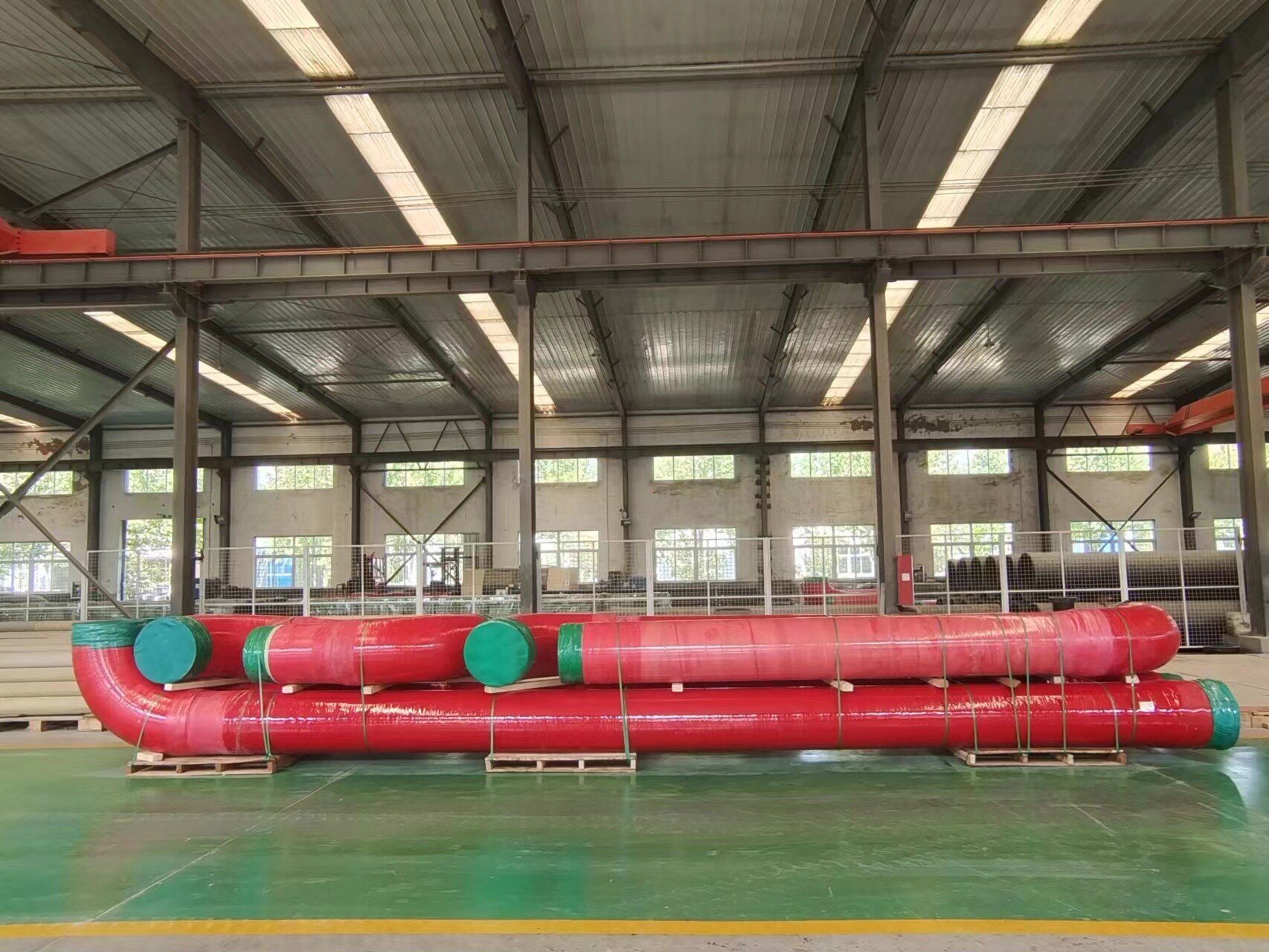
GRE pipes (Glass Reinforced Epoxy) play a significant role in LNG (Liquefied Natural Gas) projects, especially in critical systems like firewater systems and seawater cooling systems. Leveraging their unique material properties, they serve as an ideal alternative to traditional metal pipes.
The table below provides a quick overview of the primary application scenarios and core advantages of GRE pipes in LNG projects:
Why GRE Pipes Are Favored in LNG Projects
The application of GRE pipes in high-standard projects like LNG is primarily due to the following key advantages:
• Fundamental Advantage: Exceptional Corrosion Resistance
LNG projects, especially receiving terminals, extensively use seawater for firefighting and cooling. Traditional metal pipes face severe electrochemical corrosion and pitting. GRE pipes, with a thermosetting resin matrix, are inherently rust-proof and scale-resistant, easily handling corrosive environments like seawater and chemicals. This significantly reduces lifecycle maintenance costs and the risk of unplanned shutdowns due to leaks.
• Lightweight yet High-Strength, Significant Economic Benefits
GRE pipes weigh only one-fourth to one-fifth of comparable carbon steel pipes. This is highly beneficial for the highly modularized topsides of LNG terminals, effectively reducing the weight of upper modules, which is advantageous for structural design and cost control. Furthermore, the smooth inner wall improves hydraulic flow characteristics, potentially reducing energy consumption for fluid transport.
• Long-Term Reliability, Low Lifecycle Cost
When properly designed and installed, GRE pipes have a design life exceeding 20 years. Due to their corrosion resistance, they require almost no maintenance throughout their service life and do not need additional protective coatings or cathodic protection, offering a competitive total cost of ownership compared to metal pipes requiring ongoing upkeep.
Please give us a message
产品介绍产品介绍产品介绍产品介绍产品介绍产品介绍产品介绍产品介绍产品介绍产品介绍产品介绍产品介绍产品介绍产品介绍产品介绍产品介绍产品介绍产品介绍产品介绍产品介绍产品介绍产品介绍产品介绍产品介绍产品介绍产品介绍产品介绍产品介绍产品介绍产品介绍
Please give us a message
产品介绍产品介绍产品介绍产品介绍产品介绍产品介绍产品介绍产品介绍产品介绍产品介绍产品介绍产品介绍产品介绍产品介绍产品介绍产品介绍产品介绍产品介绍产品介绍产品介绍产品介绍产品介绍产品介绍产品介绍产品介绍产品介绍产品介绍产品介绍产品介绍产品介绍
Please give us a message
产品介绍产品介绍产品介绍产品介绍产品介绍产品介绍产品介绍产品介绍产品介绍产品介绍产品介绍产品介绍产品介绍产品介绍产品介绍产品介绍产品介绍产品介绍产品介绍产品介绍产品介绍产品介绍产品介绍产品介绍产品介绍产品介绍产品介绍产品介绍产品介绍产品介绍
Please give us a message
产品介绍产品介绍产品介绍产品介绍产品介绍产品介绍产品介绍产品介绍产品介绍产品介绍产品介绍产品介绍产品介绍产品介绍产品介绍产品介绍产品介绍产品介绍产品介绍产品介绍产品介绍产品介绍产品介绍产品介绍产品介绍产品介绍产品介绍产品介绍产品介绍产品介绍
